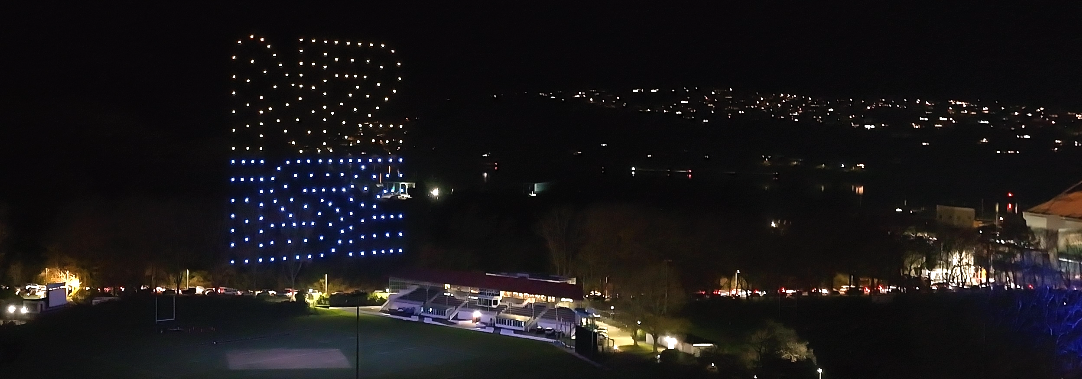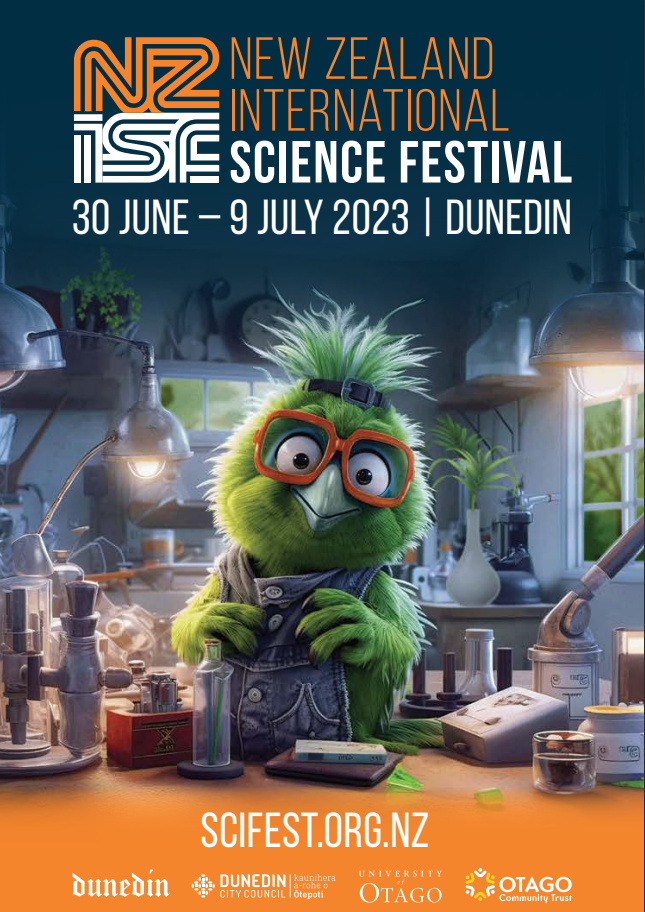
A panel talk about how we can adapt our cities and the way we inhabit them to make them more liveable in an era of climate change.
Accessibility information: The venue has asked us to ask ticket holders to check if anyone has accessibility requirements that require a ramp for access to the venue. They have a ramp and are more than happy to deploy it when required, but just need to ensure they have the right staff rostered on to do so.
So please e-mail [email protected] if you require a ramp, and they’ll ensure everything is ready for you beforehand. They would also like us to pass on that they’re working on a more permanent solution for the future. Thank you for your understanding.
How can we adapt our cities and the way we inhabit them to make them more liveable in an era of climate change? A wide range of options will be discussed, from creating urban sponges to increasing flood resilience, encouraging food equity, changing the way we move around, and greening our cities to support mental health - all drawing upon research from the National Science Challenges.
Panel:

Simon Kingham - Healthier Lives National Science Challenge
Caroline Orchiston - Resilience to Nature’s Challenges National Science Challenge
Robin Quigg - University of Otago Division of Health Sciences
Danielle Shanahan - New Zealand's Biological Heritage National Science Challenge
Robyn Simcock - Building Better Towns, Homes and Cities National Science Challenge
Moderator: Aaron Hawkins (former Mayor of Dunedin)
Established in 2014, the eleven government-funded National Science Challenges are cross-disciplinary, mission-led programmes designed to tackle New Zealand’s biggest science-based challenges. As they enter their final year of funding, representatives of each Science Challenge will gather in Dunedin across four nights to discuss some of the impactful research that has come out of these initiatives and how it is being applied across Aotearoa for the benefit of us all.
The adjoining Dish Cafe will be open before and after this event for coffee and drinks. Nibbles will be provided after the talk to encourage the conversation to continue.
Panel Talk Multi-Buy Discount! Purchase tickets to three or more of our panel talks and receive a $5 discount per ticket. Discount automatically applied at checkout – tickets must be purchased at the same time.
Discount applies to the following talks:
The Future of Energy
AI and the Workforce
Healthier Kiwis: A National Science Challenges Panel
Liveable Cities: A National Science Challenges Panel
Enabling Kaitiakitanga: A National Science Challenges Panel
Feeding Aotearoa: A National Science Challenges Panel
Antimicrobial Resistance
Panellist Bios:
Prof Simon Kingham is Ahorangi o te Matawhenua | Professor of Geography at Te Whare Wānanga o Waitaha | the University of Canterbury in Ōtautahi | Christchurch. In this role he teaches and researches on a range of issues related to the impact of the urban environment on wellbeing, with a specific focus on transport. Simon is a Principal Investigator in the Healthier Lives and Ageing Well National Science Challenges. He is also seconded to Te Manatū Waka | the Ministry of Transport as their Kaitohutohu Matua Pūtaiao | Chief Science Advisor. His role there is to ensure that policy is evidence-based.
Assoc Prof Caroline Orchiston is the Director of the Centre for Sustainability at the University of Otago. She has more than ten years of applied social science research experience focusing on rural, community and tourism resilience related to earthquake, tsunami and climate-related hazards. Caroline co-leads the Rural programme of the Resilience to Nature’s Challenges National Science Challenge, is an Associate Director for QuakeCoRE and is the Science Lead for Project AF8, an award-winning multi-agency Alpine Fault response planning initiative.
Dr Robin Quigg - I have a wide range of research interests with experience in physical activity and playgrounds, smokefree environment policy evaluation, and equity in tertiary education. I am particularly interested in decolonising spaces, such as parks, as they are largely westernised concept, reflecting the industrial revolution distinction between work and leisure, with the parks the result of colonisation, space taken from indigenous cultures. They are not innocuous features of the landscape especially in cities, but result from colonialist intervention, and have culturally specific dimensions. However, urban parks are often cited as health-saving spaces, such as supporting sustainable goals and enhancing mental well-being, as well as facilitating or increasing physical activity levels of a population.
Dr Danielle Shanahan is CEO at Zealandia and Adjunct Professor at Te Herenga Waka Victoria University fo Wellington. Danielle has as a wide and varied background in conservation management and research. She led Zealandia’s restoration efforts inside and outside the fence for over five years, and has carried out cutting edge research into what nature means for people’s health and wellbeing. She has worked internationally on challenges including human-elephant conflicts in Myanmar, expanding the national park estate in Australia, through to planning cities to improve the prospects for nature as well as people’s physical, mental and social wellbeing. Danielle’s motivation is creating a healthy future for people and nature.
Dr Robyn Simcock is a reconstructive ecologist at Manaaki Whenua Landcare Research carrying out research and consultancy in areas where people strip ecosystems down to rock: cities, roads, and mines – and then rebuild native ecosystems. Since 2008 this has included developing living components of Water Sensitive Design / Sustainable Urban Design such as green roofs and raingardens that use our native plants and soils, and more recently, helping colleagues explore the roles of large trees in delivering urban wellbeing, equity, and ecosystem services.
Aaron Hawkins is a recovering elected representative and resource management commissioner, having served for six years on the Dunedin City Council and another three as Mayor. In that time, his focus was on building an inclusive and accessible city that prioritised environmental, social and cultural wellbeing. Under his leadership, the city started to adapt Kate Raworth’s donut economics model as its strategic framework, acknowledging the ecological limits and the necessary social foundations of a thriving city. At a national level, he was an elected member of Local Government New Zealand’s National Council; was appointed to the Ministry for the Environment’s Local Government Steering Group on resource management reform; and was the founding Co-Chair of LGNZ’s Young Elected Members network. He is a co-founder of Floruit, a visitor accommodation and land restoration project built around significant native reforestation across the motu.

